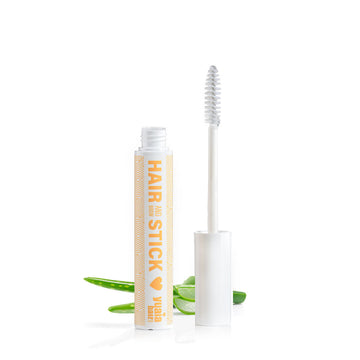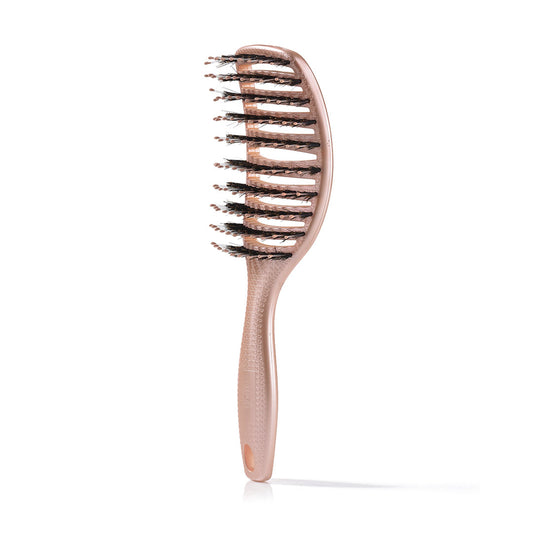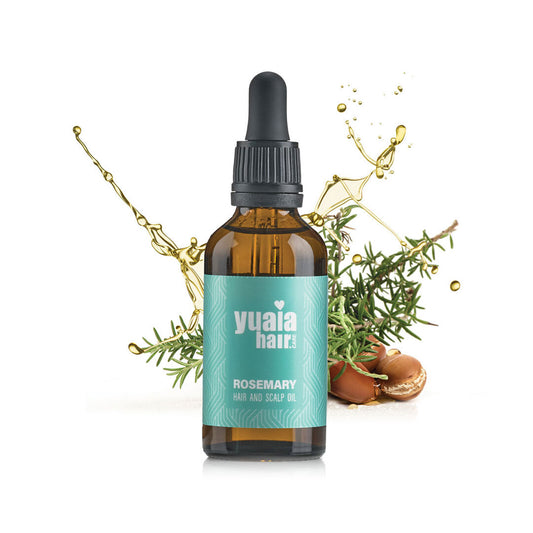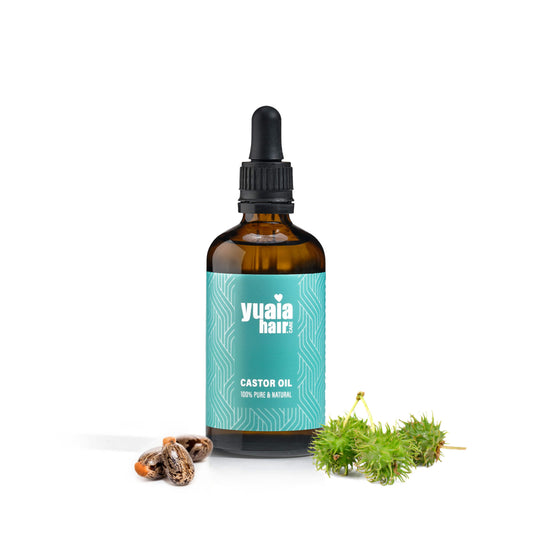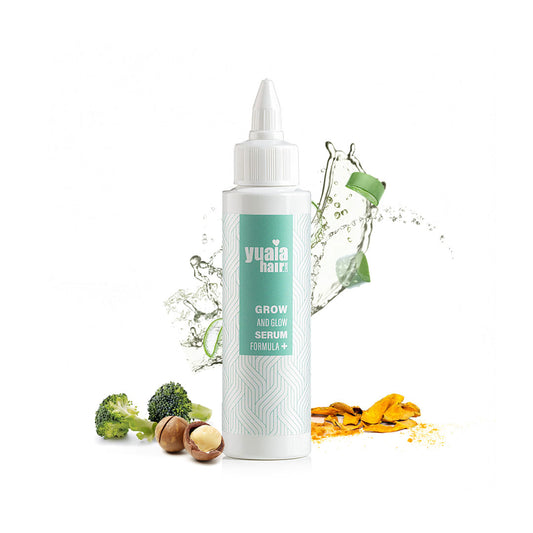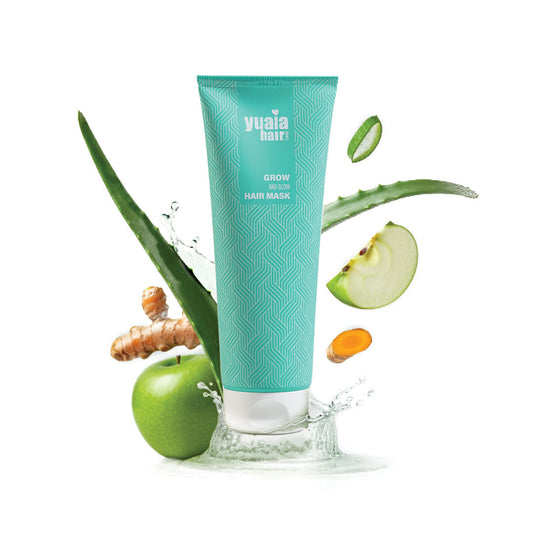
Exploring rosemary water: benefits and limitations
Rosemary water is a simple infusion created by steeping rosemary leaves in water, resulting in a much lighter and less concentrated product than rosemary oil. This preparation method makes rosemary water an appealing choice for those who prefer a more subtle application. Users often report anecdotal benefits such as mild scalp stimulation and enhanced hair softness. However, it's important to note that there is a significant lack of robust scientific studies supporting its effectiveness for hair growth.
Despite its popularity, rosemary water is often seen as more of a trend than a proven solution for hair health. The infusion's lighter nature means it contains fewer active compounds compared to rosemary oil, which can limit its potential impact on hair growth and scalp health. While rosemary water may offer a refreshing, non-oily alternative for daily scalp care, expectations for significant hair regrowth should be tempered due to the absence of substantial evidence.
Comparative analysis: rosemary water vs rosemary oil for hair growth
When comparing rosemary water and rosemary oil, it's crucial to consider their respective strengths and weaknesses. Rosemary oil is well-documented for its efficacy in promoting hair growth and reducing hair loss, with scientific studies highlighting its antioxidant, anti-inflammatory, and circulation-boosting properties. These qualities make rosemary oil a potent option for those seeking to improve hair health.
On the other hand, rosemary water is primarily supported by anecdotal evidence, with its benefits largely revolving around mild scalp stimulation and hair softness. While it may serve as a gentle alternative for those concerned about scalp or hair heaviness, its less concentrated nature means it lacks the potency of rosemary oil.
Practical considerations also play a role in deciding between these two options. Rosemary oil requires careful application, often needing dilution to avoid irritation, and is best used in moderation. In contrast, rosemary water can be easily incorporated into a daily routine as a lightweight, non-oily scalp treatment. However, users should maintain realistic expectations regarding its impact on hair regrowth.
For those interested in incorporating rosemary oil into their routine, our rosemary hair oil offers a convenient way to experience its benefits. This product can be gently massaged into the scalp to help stimulate circulation and provide nourishment, supporting overall hair health.
How to use rosemary oil safely for hair growth
Incorporating rosemary oil into your hair care routine can be an effective way to promote hair growth and improve scalp health. To use it safely, it's important to dilute the oil with a carrier oil, such as coconut or jojoba oil, to reduce the risk of irritation. A typical dilution ratio is one part rosemary oil to ten parts carrier oil. Apply the mixture to your scalp and massage gently to increase circulation and absorption.
It's recommended to use rosemary oil treatments 2-3 times a week. You can leave the oil on your scalp for at least 30 minutes before washing it out with a gentle shampoo. Performing a patch test before full application is crucial to ensure you don't experience any adverse reactions.
Can rosemary water be a part of your daily hair care routine?
Rosemary water offers a lightweight alternative for those who prefer non-oily solutions. It can be used as a daily scalp treatment to provide mild stimulation and enhance hair softness. To make rosemary water at home, simply steep fresh or dried rosemary leaves in boiling water, let it cool, and strain the liquid into a spray bottle.
Apply rosemary water to your scalp and hair, focusing on areas that need attention. Its refreshing nature makes it an ideal choice for daily use, but it's important to store it properly. Keep it refrigerated to maintain freshness and replace it every week to ensure its efficacy.
Frequently asked questions
Can rosemary oil replace minoxidil?
While rosemary oil has shown promising results in promoting hair growth, particularly for androgenetic alopecia, it may not fully replace minoxidil for everyone. Some users find rosemary oil to be a natural alternative with fewer side effects, but individual results can vary.
Is rosemary water effective for all hair types?
Rosemary water is generally safe for all hair types, but its effectiveness can vary. While it may enhance hair softness and provide mild scalp stimulation, its impact on hair growth is less supported by scientific evidence compared to rosemary oil.
How long does it take to see results with rosemary oil?
Results with rosemary oil can vary depending on the individual and the consistency of use. Some users may notice improvements in hair thickness and growth within a few months, while others may take longer. Patience and regular application are key.
 2-4 day UK delivery
2-4 day UK delivery
 25.000+ satisfied customers
25.000+ satisfied customers
 Satisfaction Guarantee
Satisfaction Guarantee

















